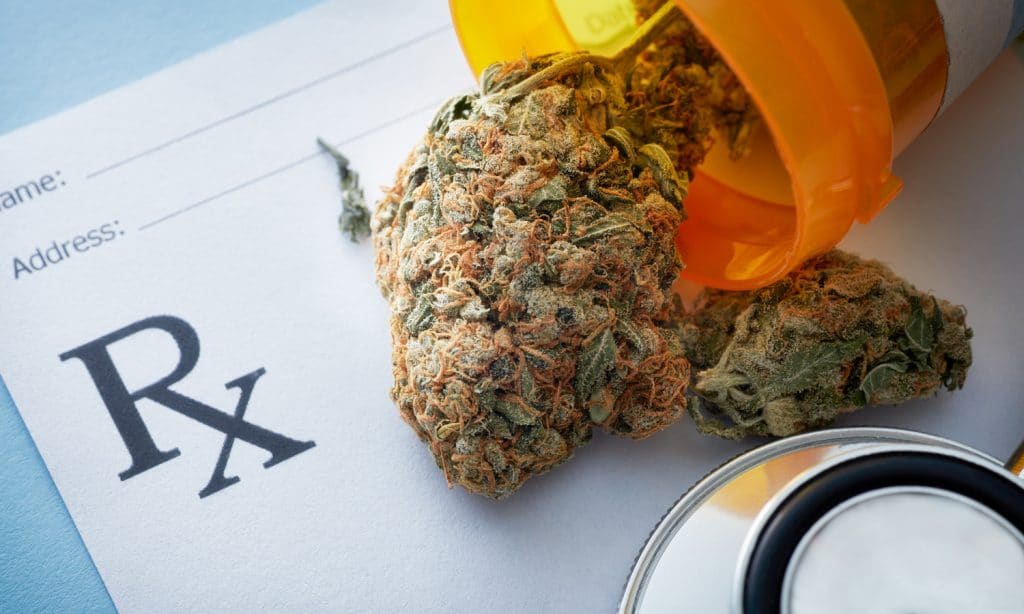Post-traumatic stress patients who consume state-authorized cannabis products exhibit reduced symptoms over time as compared to nonusers, according to longitudinal data published in the journal Cannabis and Cannabinoid Research.
Commenting on the findings, NORML’s Deputy Director Paul Armentano said: “Veterans are far more likely to self-report using cannabis than are those in the general population, and many veterans attest that cannabis is effective for the self-management of their PTS symptoms. These findings substantiate their claims.”
A team of investigators affiliated with the University of Pennsylvania’s Perelman School of Medicine, John Hopkins University, and the University of Colorado School of Medicine compared PTS symptoms in cannabis-using patients relative to non-users over a one-year period. Cannabis consuming participants primary accessed THC-dominant flowers from state-authorized retailers.
Researchers reported: “Participants who used primarily THC-dominant cannabis reported a greater reduction in PTSD symptom severity over time compared to controls. Cannabis users also showed a greater than two-fold rate of remission from their PTSD diagnosis (defined by no longer meeting criteria for a PTSD diagnosis on the CAPS-5) compared to controls by the 1-year follow-up assessment.”






